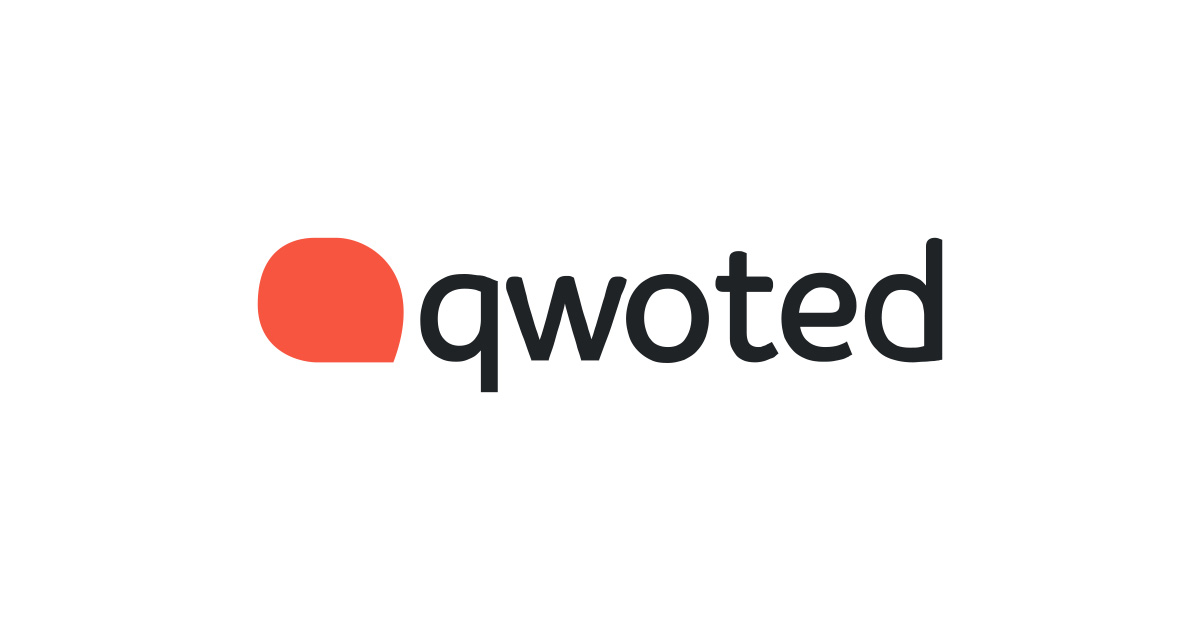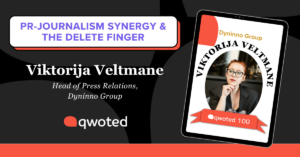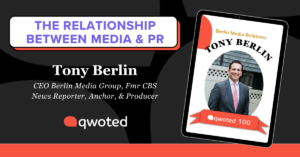Qwoted is committed to exploring the current state of the media by speaking to industry leaders and educating future generations of media professionals. What has social media and technological innovation brought to the table? What can we expect for the future of journalism?
Simon Usborne interned at The Independent in 2005, where he worked in various roles before eventually transitioning to writing features full time. Usborne completed a part-time journalism course with the National Council for the Training of Journalists and went on to freelance in 2016 when the Independant printed its last edition. Since then he has written for dozens of outlets including The Guardian, Financial Times, Sunday Times, Telegraph, Vogue, GQ, Tatler, Town & Country, and more.
What advice would you give to aspiring young writers and reporters?
SU: I teach journalism occasionally at Goldsmiths, University of London and am more than anything delighted to note that there is no shortage of talent and ambition. I just wish they read more journalism. So read, read, read. Be reliable, and learn to type fast enough so that you can live transcribe phone interviews.
The profession of journalism feels more attacked today than in a long time, but also highly necessary. Do you feel that’s true, and if so, why?
SU: Yes, the whole warping of fact and truth is a huge challenge for journalism and the industry needs to find new ways to counter conspiracy theories as well as knee-jerk skepticism (while also doing better to avoid being legitimately maligned).
What do you see as some of journalism’s biggest potential pitfalls? And what gives you hope for the future of journalism?
SU: I think the biggest problem remains funding in an industry undergoing a generations-long shift into a digital economy during an extended period of economic crisis. What gives me hope is that story-telling will never lose its power or value. But the lack of monetary opportunity especially for younger journalists starting out has the inevitable consequence of a lack in newsroom diversity.
Social media has upended the traditional media landscape. One of the great challenges it creates is authenticity and malevolent actors. How do you think journalists and reporters should deal with the rising tide of misinformation?
SU: We need to be more skeptical and cynical than ever, even by the traditional standards of journalism. It is important to get out and meet people and fall back on old-fashioned human interaction and instinct – face to face. Although it’s challenging finding original human stories that are compelling and add to our understanding of something worth understanding, it is most rewarding talking to them and telling their stories.



